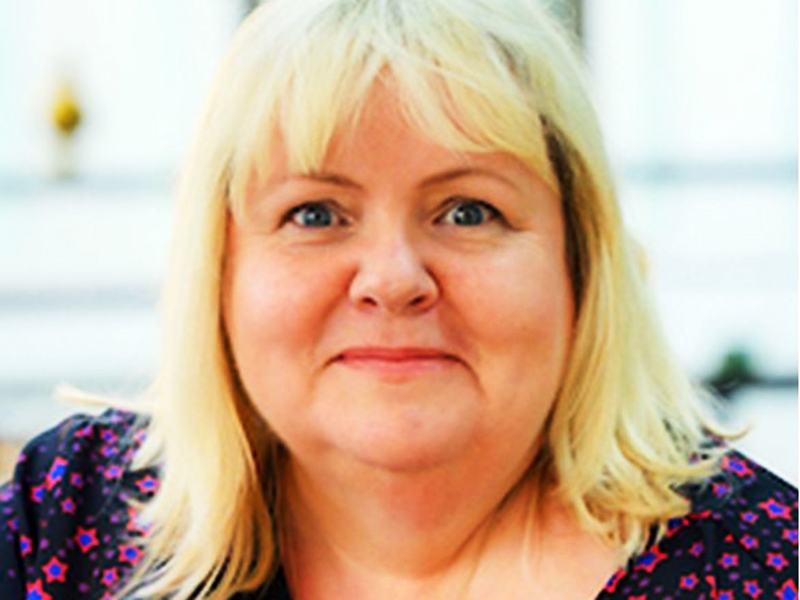We are sending too many to prison and our overcrowded facilities are doing little to help rehabilitate offenders, argues Annie Mauger-Thompson
Scotland’s overburdened prison estate currently houses a population of around 8000 people, a figure that puts it among the highest per capita in western Europe. With that number projected to rise in the coming months, the time to shift towards more sustainable and effective justice solutions is now.
There’s been a lot of media coverage about the crisis our prisons are facing and the impact on the people living and working in them. Sacro works with people in prison every day and our teams are seeing the impact of overcrowding and other issues at first hand.
We know from our teams that the environment is very challenging and that overcrowding and long waiting times for trials mean that prisons are struggling to provide adequate space for everyone and face real difficulties with staffing and support. The situation is exacerbated by the fact that nearly a quarter of the prison population consists of people on remand, awaiting trial, many of whom may not be convicted.
The people we work with who are in prison often have mental health and substance misuse problems and this is only made more difficult by a lack of support available for them. Figures, recently revealed by BBC Scotland’s ‘Disclosure’ programme of a rise in incidents of self-harm by almost 40% in the past year is a distressing indicator of the growing tensions and deteriorating conditions that this type of overcrowding can cause.

Imprisonment and loss of freedom is the punishment but treatment and the environment in prisons should be humane at all times, as in any community. We know that this is what the Scottish Prison Service is struggling to achieve in impossible circumstances.
There is a bigger issue behind this – we are sending too many people to prison. It is not the answer for many people when it is not a question of community safety. Legitimate alternatives to prison exist both pre and post sentence in the form of bail options and community sentences. We need to stop referring to ‘alternatives to custody’ and start from a place of ‘in the community’ where it is safe to do so.
People in an overcrowded prison estate are not having their needs met and this means that re-offending will continue to be high, with a likelihood of more victims and a vicious cycle continues. The evidence tells us that there is a far better chance of avoiding re-offending if a community sentence is given. Community sentencing, where there is no threat to public safety, is a strong and viable alternative that helps to break the cycle, enables organisations like Sacro to support people to really change their lives and, incidentally saves money from the public purse.
The Scottish government's efforts to invest in community sentencing, tackle the backlog of prisoners on remand and explore alternatives like supported bail and electronic tagging are steps in the right direction. These measures must be adequately funded and be part of a broader strategy that prioritises prevention, rehabilitation, and reintegration. Only then can we hope to see a significant reduction in prison overcrowding, better outcomes for people and a move towards a more just and effective criminal justice system.
As Frances Crook of the Howard League for Penal Reform notes: "Prisons too often function like black holes into which society banishes those it deems problematic, the state of our prisons tells a story about all of us. Prisons reflect society back to itself: they embody the ways we have failed, the people we have failed, and the policies that have failed, all at immense human – and economic – cost."
Each person we imprison is someone's family member, friend, or community member. Their well-being and future prospects matter, not only for their own sake but for the sake of a more compassionate and equitable society. By working together, we can create a justice system that truly serves the needs of all its citizens, offering hope and opportunity rather than perpetuating cycles of disadvantage and despair.
Annie Mauger-Thompson is the chief executive of Sacro







